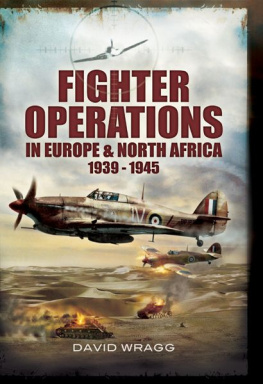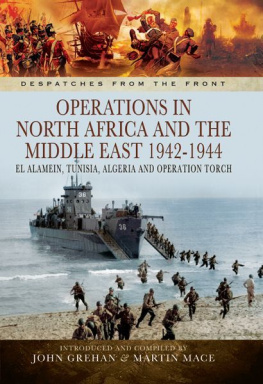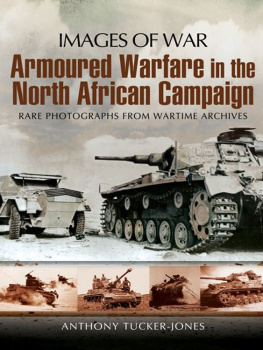Craig DiLouie
THE BATTLE OF NORTH AFRICA
Our people from the very highest to the very lowest have learned that this is not a childs game.
General Dwight D. Eisenhower after the Battle of Kasserine Pass

While this book is based on real events occurring in North Africa in 194243, significant artistic license was taken to create a compelling work of fiction. Some timelines are compressed for simplicity, while our tankers regiment is a composite of several armored units that fought in the campaign. In some cases, further license was taken with the tank, including giving Boomer a loaders hatch (presumably a retrofit) before they became a standard part of the M4 design. Finally, the information is limited to what our tankers know, sometimes based only on rumors.
Otherwise, every effort was taken to capture what it was like to be in an M4 medium tank battling German panzers. Any errors are, of course, the authors.
If youre a history buff and see any errors youd like to share with the author, email him at
MAP: Theater of operations. North Africa, 1942.
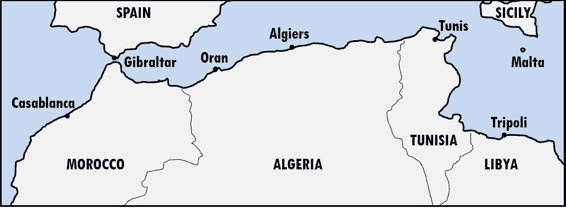
THE STAGE:
OPERATION TORCH
After suffering catastrophic losses in 194142, the Soviet Union pressured the Allies to open a new front against Nazi Germany. The Allies werent ready to invade Germany via France, so they planned to attack Axis forces in North Africa.
Operation Torch called for 100,000 troops landing in French Morocco and Algeria to liberate more than a million square miles of territory. This done, the British would push east to Tunis to trap the Afrika Corps between the invaders and Lieutenant-General Bernard Montgomerys Eighth Army, which was advancing through Libya. By securing North Africa, the Allies hoped to secure Mediterranean shipping lanes and expose southern Europe to invasion.
French loyalties remained an open question. After Germany overran France in 1940, its armies occupied the northern part of the country, while the French government moved from Paris to Vichy and adopted its own form of fascism. The sixty thousand French troops in North Africa were loyal to Vichy, but it was hoped they would join the Allies in their fight to liberate France.
On the night of November 7, 1942, President Franklin D. Roosevelt broadcast a message calling on the French to free themselves from the Axis yoke. The U.S. Navy shot salvos of fireworks over Casablanca, Algiers, and Oran that burst in the sky to reveal the Star-Spangled Banner. The message was clear: America is coming. Dont resist. Join us in the fight against Nazi Germany.
The next morning, the landings began.
Im actually in Africa, Tank Sergeant John Austin thought.
Aside from stands of date trees, it looked like any other coastline. Two villages bookended the beach. Farmland ahead, the Tell Atlas Mountains in the distance.
Not as exotic as hed thought itd be, and right now it was a god-awful mess.
Armored vehicles, trucks, jeeps, and soldiers crowded Beach Zs landing zones. The tanks growled under a haze of blue exhaust. Red-faced beach masters waved and blew whistles to corral them all inland.
At first light, troops began landing on three points around Oran. From there, theyd strike out to seize key installations before converging on the city.
Austin didnt care about the big picture right now, however. He had an immediate task, which was to capture an airfield. If anything got in his way, hed destroy it.
But first he had to get off this beach.
A coastal gun boomed in the south. He turned in the cupola of his M4 Sherman medium tank to gaze back toward the sea. Riding a moderate swell, lighters and other landing craft came and went from the great fleet. Geysers sprayed into the air as shells splashed around one of the boats.
French 75, Austin thought bitterly.
Below the turret, Private First Class Anthony Russo, his driver, yelled from his hatch, Hey, Boss! Dont they know theyre being liberated?
Pivoting his attention back to land, Austin raised his binoculars to study the valley that led to the distant purple mountains. I guess they didnt get the message.
Maybe the President broadcast it in English.
He zeroed in on smoke plumes rising above the farmland. A pair of planes, which he hoped were American, soared across the sky. Gunfire thudded over the roar of engines, more felt than heard at this range. The Big Red One, the 1st Infantry Division, was out there, getting killed by the people they were freeing.
The radio crackled. Bears 3 Actual to all Bears. The captain found us a road. Get ready to roll.
Bears was the call sign for Company B, 3 meant Third Platoon, and actual was Lieutenant Whitley, leader of this platoon of five M4 tanks and commander of Betty, distinguished by his Texan accent.
The platoons other tanks sounded off: Buckshot, Boxer, and Bull, all having nicknames starting with a B as they were Company B. Then it came time for Tank #34, nicknamed Boomer, to respond.
Austin keyed for transmission. Bears 3-5 here. We still cant move.
In the chaos of disembarking on the lighters, his tank was loaded with the companys maintenance section consisting of a couple of M3 halftracks and a jeep. Gunfire had forced the lighter off course, resulting in the boat landing them two hundred yards south of the rest of the company.
Were moving out, Five, Whitley said. Yall catch up soon as you can.
Austin winced at the lieutenants tone, which betrayed his frustration at losing twenty percent of his strength before the operation even began. Roger that.
Well tell you all about it when we see you, another voice buzzed on the radio. Sergeant Cocker, the commander of Buckshot.
Thanks a lot, Austin muttered. Five, out.
The platoon frequency filled with whoops as the tanks formed up in a column and moved off the beach, kicking rooster tails of sand. Whitleys Betty led the way, an oversized Texas flag flying from his tanks radio aerial.
Whats the plan, Boss? PFC Russo yelled up at him. Hurry up and wait?
Austin surveyed the soldiers and vehicles crowding the beach in front of him. He was officially in the rear with the gear. Damn.
He was going to miss the show. Heroic fantasies aside, he was all too aware his tank was just a tiny cog in a giant war machine, but hed come a long way over a long time to get here, starting even before he was born.
Austin men had fought in every American war since the Revolution. Now it was his turn to face the baptism of battle. He imagined going home and telling his father he sat out his first combat mission. The squashed lump of lead in his breast pocket, a family heirloom carried into battle by Austin men since the War of 1812 for good luck, suddenly felt like a dead weight.
He switched the radio from RADIO to INT, which allowed him to talk to his crew on the interphone. Driver, get us off the beach.
After a long pause: How?
Put the tank in gear, and lean on the sticks, Shorty.
You want me to run people over, Boss?
Nudge them out of the way.
Nudge them?
The tank was nineteen feet long and nine feet wide, and it weighed thirty tons.
Keep her in granny gear, Austin said.
Another long pause, during which the driver was no doubt contemplating a few decades of hard labor for running somebody over. Youre the boss.

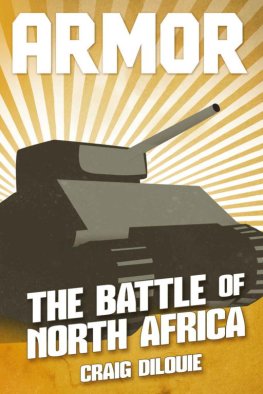

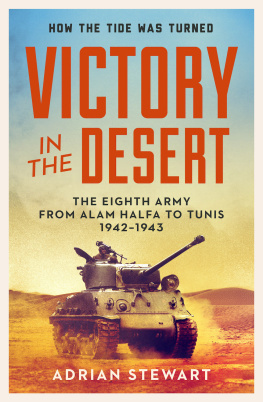
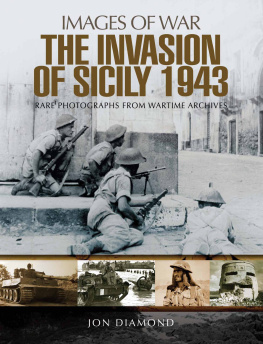
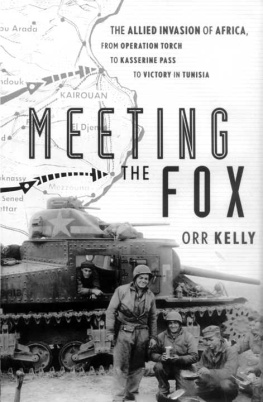
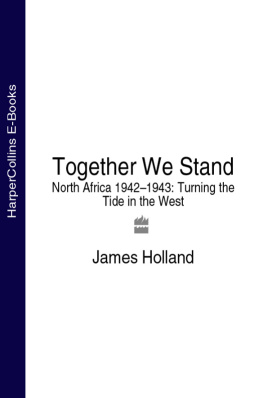
![Atkinson - An army at dawn: [the war in North Africa, 1942-1943]](/uploads/posts/book/178818/thumbs/atkinson-an-army-at-dawn-the-war-in-north.jpg)
